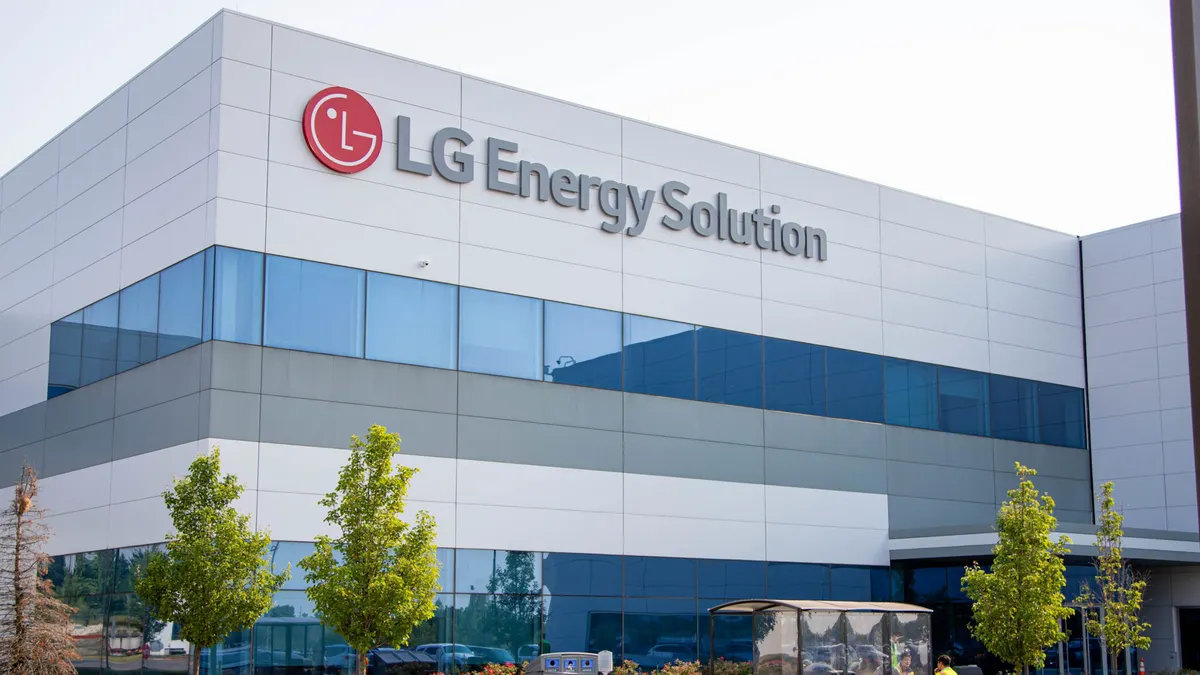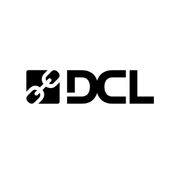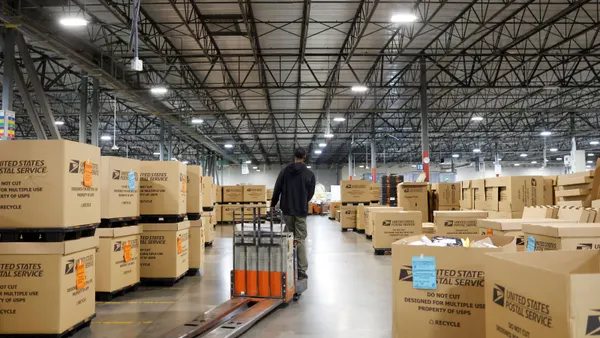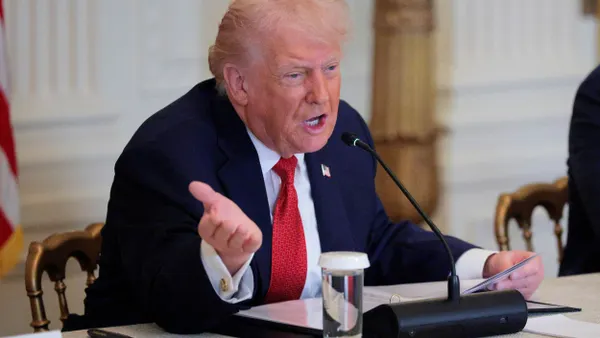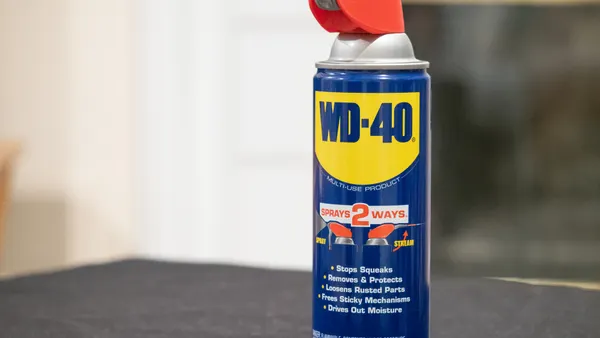Dive Brief:
- South Korea battery manufacturer LG Energy Solution announced two multi-year electric vehicle battery supply agreements with Mercedes-Benz, the company disclosed in a regulatory filing.
- The multi-year battery supply agreements, which total 107 gigawatt hours of cells, cover both the EU and U.S. markets and are worth an estimated $11 billion, according to The Korea Economic Daily.
- The EU contract is for 32 gigawatt hours of batteries, and the U.S. supply agreement is for an additional 75 GWh of cells. However, according to the filing, both contract amounts and their time periods are subject to change.
Dive Insight:
As automakers execute their electrification plans and launch new battery-powered models, securing a reliable battery supply chain remains a high priority, especially in the U.S., where tariffs are in place on imported raw materials used for manufacturing battery cells.
The EU supply contract is effective as of Sept. 2 and runs through Dec. 31, 2035, while the second, which is listed as a U.S. “Mercedes-Benz affiliate,” begins July 30, 2029, and extends through Dec. 31, 2037. The two contracts are the largest order to date for the company’s cylindrical 46-series cells, according to The Korea Economic Daily.
The two new contracts with Mercedes-Benz follow a previous agreement announced by LG Energy Solution’s regulatory filing in October 2024 to supply 50.5 GWh of batteries to a U.S. Mercedes-Benz affiliate.
Outside of its battery supply agreements with Mercedes-Benz, LG Energy has inked long-term supply deals with other automakers and has two battery plant projects underway in the U.S. in Arizona and Michigan. The company’s mid- to long-term growth roadmap for its automotive battery division includes becoming the top battery supplier in North America by 2030, while also expanding its presence in Europe.
Last October, Ford Motor Co. announced a supply deal with LG Energy Solution for an estimated 109 GWh of batteries for its commercial EVs in Europe beginning in 2026 as part of a contract ranging from four to six years. These plans include LG Energy moving some battery production from Poland to Michigan to supply Ford.
In November 2024, electric vehicle maker Rivian announced a five-year supply deal with LG Energy Solution Arizona for 46-series cylindrical cell batteries for its forthcoming R2 SUV. These cells will be produced at a new $5.5 billion Arizona factory slated to begin production in 2026. Once fully online, the battery plant is expected to produce 36 GWh of cylindrical cells per year, as well as stationary storage system batteries.
The company has also taken ownership of a former GM joint venture battery plant in Michigan. Last December, General Motors entered into a non-binding agreement to sell its stake in the Ultium Cells electric vehicle battery plant in Lansing, Michigan, to LG Energy Solution, which will help the automaker recoup its share of a $2.6 billion investment in the facility. At the time, GM said it did not need the additional production capacity, as it operates two other Ultium Cells battery production facilities with LG Energy in Ohio and Tennessee.
To further boost its long-term sustainability goals, last October, Mercedes-Benz opened its own battery recycling plant in Germany that it says will process and recycle enough raw materials to produce more than 50,000 new battery modules per year.


